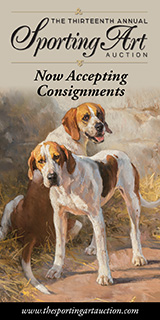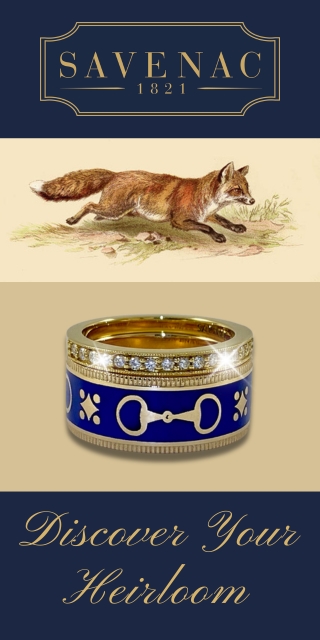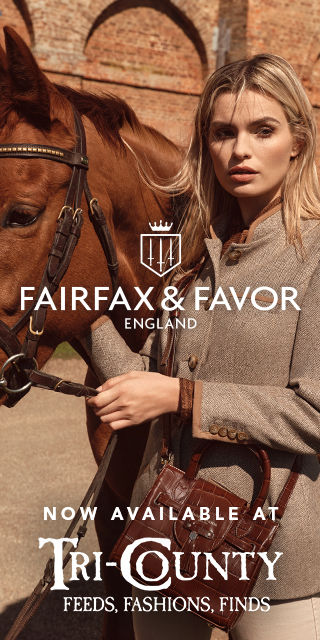Dunsink
Abandoned Horses at Dunsink to Be Helped
A coalition of local government and a private trust will help the abandoned horses at Dunsink, a common grazing ground near Dublin. The Fingal County Council and the Irish Horse Welfare Trust drew up the plans jointly. According to Sharon Newsome, spokeswoman for the trust, there are approximately sixty horses on the 160-acre site at Dunsink. “There is limited grazing and water supplies, and there are a lot of dangers for horses on the site,” she said. The plan will start by providing temporary feeding and watering stations and monitoring the welfare of the horses there. Then in the weeks to come, local horse owners will bring their horses to vet checks for microchipping and the issuance of passports. Unclaimed horses will be taken into care by the Irish Horse Welfare Trust to be rehomed. Horse Sport Ireland, a government-established agency, is sponsoring the passports and microchipping of all the horses. It has been reported that as many as one hundred thousand horses across Ireland are being abandoned as a result of the financial crisis there. Read more details in Sean MacConnell’s article in The Irish Times.January 25, 2011
Read More
Thousands of Horses Abandoned in Ireland
The Daily Mail reports that thousands of horses—perhaps as many as one hundred thousand—are being abandoned in Ireland as a result of the financial crisis there. Many are brought by their owners to common grazing grounds, such as Dunsink tip near Dublin, and left to fend for themselves. Some too weak to survive have had to be euthanized by animal welfare workers. To prevent a collapse of the Irish currency, the government has imposed stiff austerity measures that are expected to result in a ten percent reduction in disposable income for the middle class and even deeper cuts for lower income families. This, after boom years when Ireland posted the highest annual GDP in the western world. During those years, workers of all classes were financially able to accumulate more goods. And more horses. Certainly more horses. For a people where the horse has been an integral part of family life since ancient times, certainly more horses. Some lived in the house garden, some in fenced-off building sites, some on common land. And now, many owners can neither feed nor care for them. More details are available at Daily Mail Reporter.December 22, 2010
Read More

















